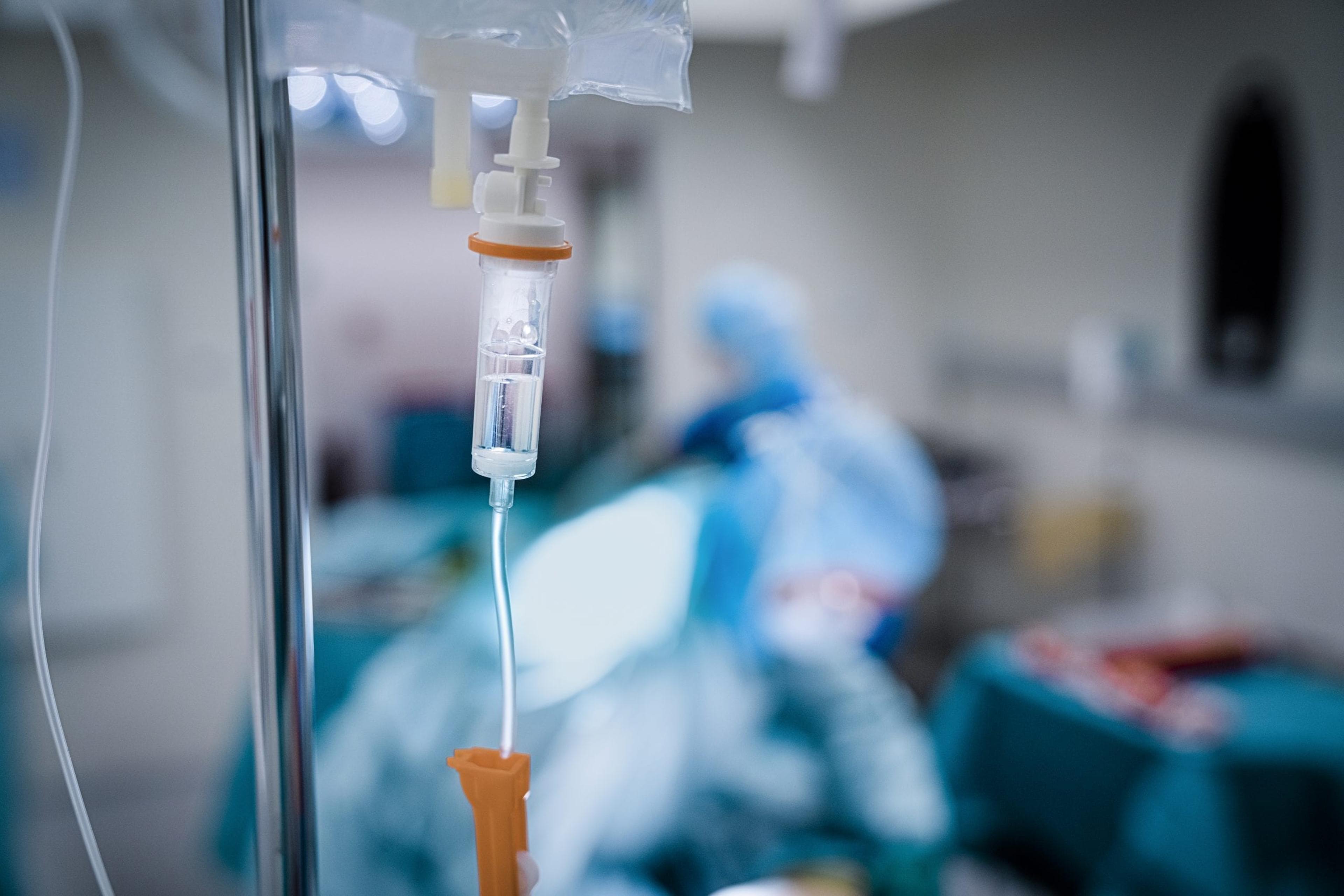Research Aims to Help Emergency Rooms Prepare for Future Medical Surges
Julie Bitely
| 2 min read

In March, COVID-19 stretched some southeast Michigan hospitals to near-capacity levels, straining emergency department staff. While this surge in patients was worrisome for many, research on medical surges shows they can happen for a variety of reasons, including an intense flu season or natural disasters. This rapid increase in medical need makes it particularly difficult for hospitals to control cost and quality of care. Oftentimes, emergency departments are the first to show signs of strain when an influx of patients need acute care. Blue Cross-funded research initiated before the pandemic hit will help Henry Ford Health System emergency departments be better equipped and prepared the next time a medical surge happens and could be a model for other hospitals to adopt. A $10,000 grant from the Blue Cross Blue Shield of Michigan Foundation is helping Egbe-Etu Emmanuel Etu, a Ph.D. candidate in the Department of Industrial and Systems Engineering at Wayne State University and Dr. Joseph Miller, an emergency care physician at Henry Ford Hospital in Detroit and adjunct faculty member at Wayne State University, to build on an award-winning first phase of research that looked at emergency department efficiencies under normal circumstances. The next phase will look at what happens when emergency departments face a medical surge, increasing demands for care. “(COVID-19) has been a huge eye opener for the physicians, clinicians, nurses and other medical professionals,” Etu said. “Now they can easily pinpoint areas within the system that need improvement.” By surveying clinicians, nursing staff and administrators, Etu and Miller hope to measure how efficient ERs in the Henry Ford Health System are against metrics that matter in the event of a medical surge. These metrics include items like staffing, bed occupancy, how long it takes patients to be seen by a doctor and rates of patients leaving without being seen. The pair will then apply machine learning algorithms to help staff continuously work toward improvements against those established metrics. The overall goal is emergency departments that operate efficiently, with a tool and strategies in place that can help propel fast adjustments in the face of the next medical surge. “COVID-19 helped us understand how important medical surges are and how they affect health care,” Miller said. “There will be more surges, either of COVID-19 or the flu.” Related:
- Busting Coronavirus Myths
- Coronavirus Shines Light on Health Disparities in Michigan
- Two Main COVID-19 Tests, Explained
Photo credit: HRAUN





